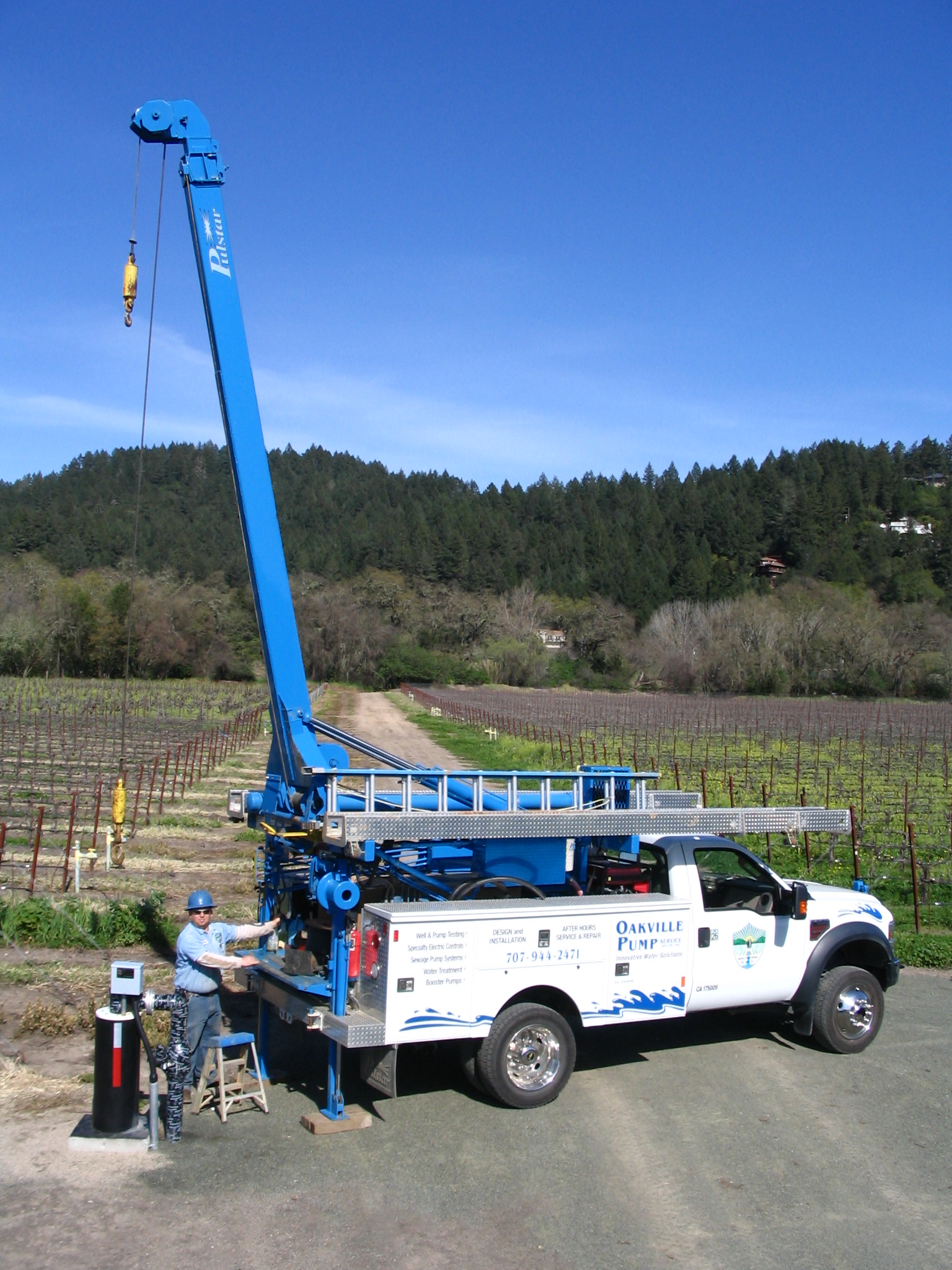Advanced Water Softeners: Bid Farewell to Hard Water Woes Permanently
Advanced Water Softeners: Bid Farewell to Hard Water Woes Permanently
Blog Article
Comprehending the Trick Elements of Effective Water Filtration Systems

Importance of Water Purification Systems
Water purification systems play a critical duty in making certain access to clean and risk-free alcohol consumption water by effectively getting rid of impurities and impurities. These systems are essential in addressing the growing problems over water high quality and the prospective health and wellness threats connected with taking in polluted water. By making use of different filtering mechanisms such as reverse osmosis, activated carbon, and UV sterilization, water purification systems can successfully get rid of dangerous materials like microorganisms, infections, heavy steels, and chemicals from the water system.
Furthermore, water filtration systems assist to enhance the taste and odor of water by removing chlorine, sediments, and various other contaminants that can impact its top quality. Well Pump Replacement. This enhancement in water high quality not only makes it a lot more tasty yet likewise motivates individuals to drink an ample amount of water daily, advertising better hydration and total health and wellness
Sorts Of Purification Elements

Physical filters are developed to physically strain out impurities from the water. These filters can be made of materials like ceramic, carbon, or perhaps sand, and they function by trapping fragments larger than the filter's pores as water passes with.
Chemical filters make use of numerous chemical procedures to get rid of impurities from the water. Examples consist of turned on carbon filters, which adsorb impurities, and reverse osmosis membrane layers, which make use of pressure to different contaminants from the water.
Biological filters use living organisms like bacteria or algae to damage down raw material and toxins in the water. These filters are often made use of in wastewater treatment plants or natural water purification systems.
Understanding the various types of filtering parts is critical for picking the most suitable water purification system for particular purification needs.
Function of Sediment Filters
Sediment filters play a crucial function in water filtering systems by properly capturing solid particles put on hold in the water. These filters are typically the initial line of defense in a filtering system, eliminating bigger particles such as sand, silt, dust, and rust before the water moves through finer filtration phases. By capturing these sediments, the filters avoid them from getting to downstream components, hence extending the lifespan and effectiveness of the whole system.
The feature of sediment filters is see this here vital in keeping water high quality and safeguarding delicate tools from damage caused by debris. In addition, by removing noticeable bits, debris filters improve the clearness and taste of the water. On a regular basis replacing or cleaning up debris filters is vital to ensure optimal performance. Ignoring this maintenance can lead to obstructing, decreased water circulation, and endangered filtration effectiveness. On the whole, debris filters are essential components that add dramatically to the effectiveness of water filtration systems.
Function of Triggered Carbon Filters
Playing an essential duty in water purification systems, activated carbon filters contribute in removing contaminations and contaminants from the water supply. These filters are designed to adsorb and trap a wide array of pollutants, consisting of chlorine, unstable organic substances (VOCs), chemicals, and herbicides. The activated carbon material has a large area, permitting the reliable trapping of impurities with a procedure called adsorption. As water travels through the filter, the activated carbon holds and draws in onto the contaminations, guaranteeing that the water that comes out beyond is cleaner and much safer for intake.
Turned on carbon filters are very effective at boosting the taste and smell of water by decreasing chemicals that can influence its high quality. Due to their flexibility and reliability, triggered carbon filters are a key component in making certain that water is cleansed to the highest requirements prior to reaching customers.
Recognizing Reverse Osmosis Systems
Reverse osmosis systems are sophisticated water filtration systems that use an advanced procedure to get rid of contaminants and contaminations from drinking water. These systems work by applying pressure to the water, requiring it via a semi-permeable membrane.
One trick benefit of reverse osmosis systems is their capability to eliminate a wide variety of contaminants, over at this website including hefty steels, dissolved solids, microorganisms, and viruses. This makes them highly efficient in boosting the total top quality and security of drinking water. In addition, reverse osmosis systems are reasonably low-maintenance and can be set up under the sink or in a main purification system, providing convenient access to check it out tidy water throughout the home. On the whole, recognizing how reverse osmosis systems function can aid people make informed decisions concerning their water filtering requirements.
Conclusion
In verdict, efficient water purification systems are crucial for guaranteeing clean and risk-free drinking water. By understanding the function and duty of each element, individuals can make educated choices when picking a water filtration system.
Water filtering systems play a crucial function in making sure access to secure and clean drinking water by effectively getting rid of impurities and pollutants. By using various filtering systems such as reverse osmosis, turned on carbon, and UV sanitation, water filtering systems can effectively eliminate damaging materials like bacteria, infections, hefty steels, and chemicals from the water supply.
Debris filters play a crucial function in water filtration systems by efficiently capturing solid fragments put on hold in the water (Pump repairs & installation).Playing a crucial duty in water purification systems, triggered carbon filters are instrumental in eliminating contaminations and contaminants from the water supply.Reverse osmosis systems are sophisticated water filtering systems that employ an advanced procedure to remove contaminants and pollutants from drinking water
Report this page